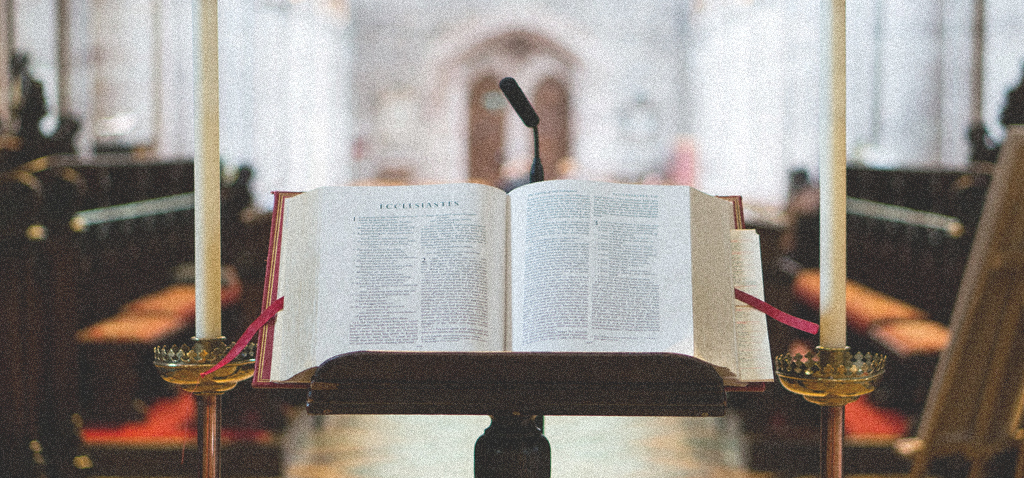
Preacher Teacher
The purpose of a preacher is to persuade.
The purpose of a teacher is to make students ready to engage.
I’m a teacher.
I’m also a pastor, so many people call what I do on Sunday mornings preaching. But it’s not—not any more than a conversation is a debate. You can feel the moment a conversation crosses that line in the same way a poker game played for plastic chips crosses over to hard cash. It’s not a game or a conversation anymore; it’s a contest. And contests play by different rules.
But isn’t it my job as pastor to convert people? Make them believers?
I’ve been working in addiction recovery for pushing on twenty years now, and one thing I’ve learned is that you can’t make people anything other than what they want to be. Oh, you can make someone comply and conform if you apply enough pressure from the outside in, but convert and transform? That comes from the inside out, and no amount of pressure is enough.
By force of argument or personality, a preacher may be able to make a person believe something, but how far does belief really take us? We speak of believers and believing as being synonymous with the action of faith or the conviction of trust, but we need to be much more careful with our words.
Belief is overrated; it’s only an idea, a representation of reality small enough to fit inside our heads. As a form of mental assent, belief is an agreement we make with ourselves to accept something as true. But if we’re honest, in spirituality and theology, even in theoretical physics—things that approach God—belief is always approximate: no one has a completely accurate belief system. No one. How could we, possibly? Yet we preach and persuade, denigrate and excommunicate over thoughts we can’t even know for certain are accurate. And all the while, what is concrete and inescapably real are the choices and actions we absolutely know are true by their ability to create real connection in our relationships.
But belief is also the first step in an essential process, because what our beliefs allow us to choose and do consistently is what the ancient Hebrews called faith. To those who wrote the Hebrew scriptures—both old and new testaments— faith is not what we think, but how we act, and how we act repeatedly over time creates the experience we call trust. In their languages, the words for belief and faith are never separated from trust and contain all three meanings as a process of becoming.
Belief is idea. Faith is action. Trust is experience.
Belief is only as important as the faith it makes possible and faith only as important as the trust it makes possible…because trust is what makes relationship possible. Only trust, the experience of trustworthiness, reduces the sense of risk and fear enough to allow us to drop our defenses and embrace the vulnerability of real connection. Belief opens the door; faith walks through, and what it finds there repeatedly is what we learn to trust. And what we learn to trust, we cease to fear.
As a teacher, I don’t care what you ultimately decide to believe…only that you engage and learn to love the process of learning. And unlearning. But as a pastor, I care deeply how your beliefs affect the quality of your choices and relationships–that your beliefs allow you to choose to experience the unseen connection of everything to everything else that changes the quality of your life and every life you touch. And so we talk about our beliefs, measure their effects. And if their effects don’t look like trust, look for others to faith-walk down the aisle.
It’s not my job to tell anyone what to believe. Belief merely received in classroom or church is untested, and untested belief is untrusted, has no ability to connect…but can certainly divide. What I teach is what I’ve become convinced of, what I’ve tested for years in the laboratory of my life, risked my choices and actions on, and proved to myself whether it has power to bind relationship. But reduced to words on a Sunday morning, convictions morph back to mere idea again. And even if believed, remain untested. Untrusted.
All I can tell you is what I am convinced of. Go become convinced of what you are convinced of.
Because persuasion is overrated too. The only person we will ever convince of anything is ourselves, living what we believe we believe until we experience its truth in the nature of our relationships.
And if the way you express your conviction is different than the way I express mine, no matter. It’s not important that we see eye to eye, only that we can stand shoulder to shoulder, connected to each other and everyone we meet along the way.





